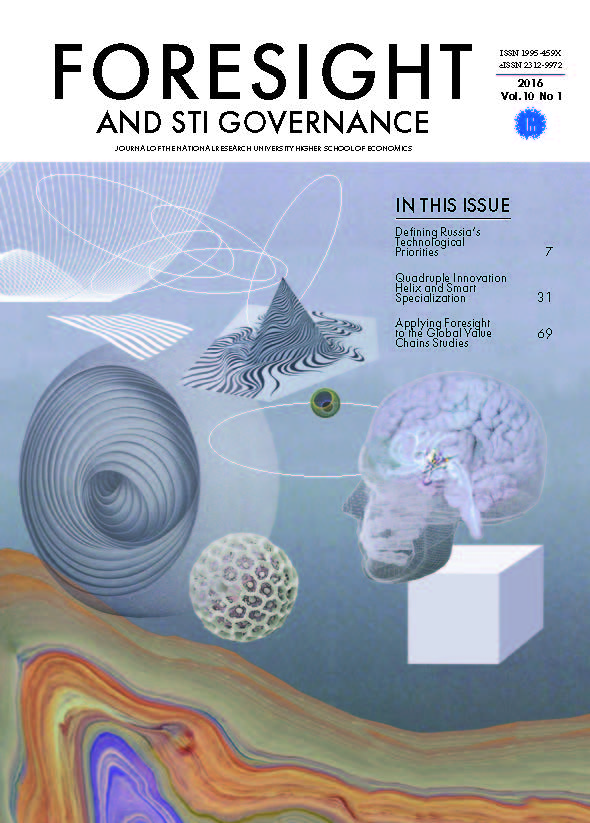Abstract
The article examines Russia’s dependence on high-tech imported goods. We improve the OECD high-technology product classification by increasing the level of disaggregation, accounting for new goods, ensuring comparability over time, and differentiating goods by technological level on quite high levels of disaggregation. We describe the major trends in the world market for high-tech goods and identify the leading countries in each sector (most frequently, China, Germany, Republic of Korea, Switzerland, and Singapore) primarily by calculating net exports of high-tech goods in these sectors. We also assess Russian competitive positions in the global market for high-tech goods by sectors, applying the newly developed competitiveness index, and measure Russian dependence on high-tech goods imported from countries that recently imposed sanctions against Russia. We show that Russia’s economy is highly dependent on imports of pharmaceutical goods and medical equipment, machinery and equipment (except nuclear reactors, fuel elements, engines and turbines), and electrical equipment. The sectors with most imports originating from ‘sanction-imposing’ countries are aircraft, medical and optical equipment, engines and turbines, and pharmaceutical goods. Computers and electronic equipment are at the opposite pole: in these sectors, China is the world leader and the key partner for Russia.Downloads
Download data is not yet available.

